Keywords: Mental Health Week
-
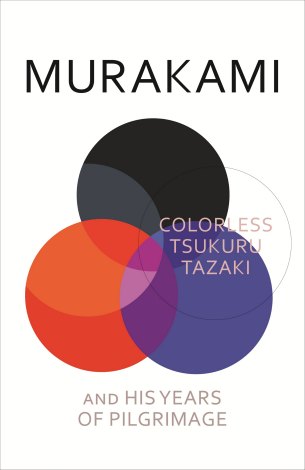
ARTS AND CULTURE
- Barry Gittins and Jen Vuk
- 01 August 2014
3 Comments
In his native Japan, the name Haruki Murakami has immense currency. In the first week of its release his latest novel Colourless Tsukuru Tazaki and His Years of Pilgrimage sold more than one million copies. Coming from a traditional culture where assimilation and social order has been a historical imperative, perhaps the book's themes go beyond the intimate to acknowledge the soul-eating, conformist nature of society.
READ MORE 
-

AUSTRALIA
- Frank Brennan
- 23 July 2014
1 Comment
'Undoubtedly there are many challenges confronting our elected leaders in dealing with violent crime and with pathological sex offenders. But long-term sustainable solutions must be based on respect for judicial independence and for the role of the legal profession.' Frank Brennan addresses the Queensland Council for Civil Liberties at The Irish Club, 175 Elizabeth St, Brisbane 8 July 2014.
READ MORE
-
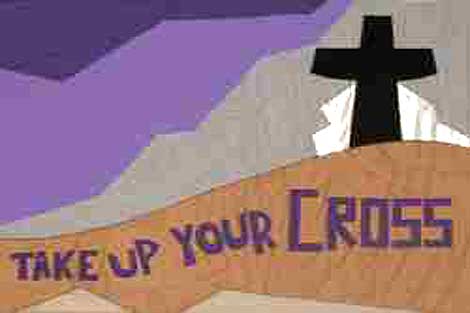
AUSTRALIA
- Kerry Murphy
- 11 March 2014
19 Comments
When I was young, I remember being encouraged to give up lollies or chocolate for Lent. On the eve of the beginning of Lent on Ash Wednesday last week, the Immigration Minister announced he would be effectively giving up granting protection visas for refugees for the duration of Lent, and beyond, until 1 July.
READ MORE 
-

MEDIA
- Ellena Savage
- 24 January 2014
4 Comments
Last week a troubling story broke on sports journalism site Grantland. While investigating the background of Dr V., an avowed physicist who had invented a revolutionary golf putter, journalist Caleb Hannan discovered that Dr V. was a trans-woman. In the course of the investigation, Dr V. committed suicide. This tragic case raises questions about journalistic ethics, not least of which is if journalism is, by its very nature, unethical.
READ MORE 
-
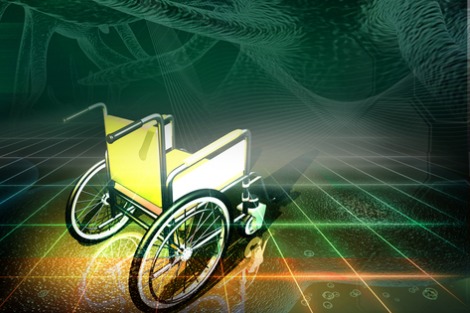
AUSTRALIA
- Moira Byrne Garton
- 17 January 2014
3 Comments
Dr Maurice Newman, chairman of the Prime Minister's Business Advisory Council, last week cautioned the Government against listening to certain interests at the expense of the common good. His criticism of the former Government as 'reckless' for establishing and funding the National Disability Insurance Scheme reveals an upsetting indifference and a lack of awareness of the benefits of such a scheme both to individuals and to society as a whole.
READ MORE 
-
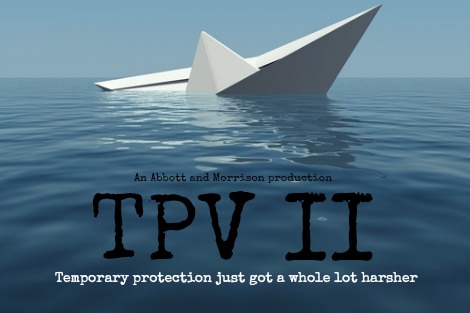
AUSTRALIA
- Kerry Murphy
- 17 January 2014
3 Comments
The new TPV is harsher than the version introduced by the Howard Government, mainly because it has no pathway to a permanent visa — once granted, it is likely that the best you will ever get in Australia is a TPV. The TPV is a punishment, not a deterrent; a cruel visa that reflects the cruelty of the politicians introducing it.
READ MORE 
-
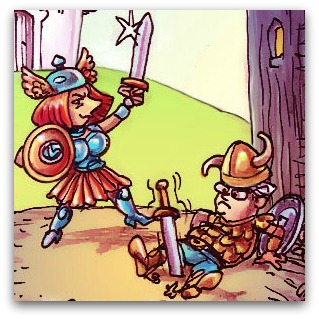
AUSTRALIA
- Jim McDermott
- 16 January 2014
1 Comment
Were you not there when I appointed Lord Slippery to the most honourable office in the land? Were you not there when I travelled to Western Sydney to be with my people and then did only carefully controlled media events? I do not need to make sense. I am Queen! Now, send me my Guild of Faceless Men.
READ MORE 
-
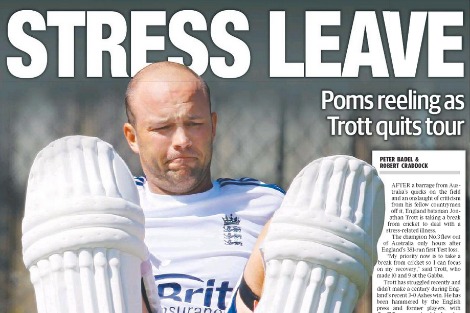
AUSTRALIA
- Michael Mullins
- 02 December 2013
2 Comments
English batsman Jonathan Trott was pilloried in some media comments because he abandoned his team because he felt 'stressed'. We should be celebrating the fact that a high profile male sportsman finds that he can declare he has a stress-related illness and then seek help for it.
READ MORE
-

AUSTRALIA
- Moira Byrne Garton
- 20 November 2013
16 Comments
Dr Maurice Newman, chairman of the Prime Minister's Business Advisory Council, last week cautioned the Government against listening to certain interests at the expense of the common good. His criticism of the former Government as 'reckless' for establishing and funding the National Disability Insurance Scheme reveals an upsetting indifference and a lack of awareness of the benefits of such a scheme both to individuals and to society as a whole.
READ MORE 
-

RELIGION
- Frank Brennan
- 08 November 2013
1 Comment
'Many Catholics wonder how we can maintain our Christian faith at this time in the wake of the sexual abuse crisis and the many judgmental utterances about sexuality and reproduction. The Church that has spoken longest and loudest about sex in all its modalities seems to be one of the social institutions most needing to get its own house in order.' Frank Brennan's address to the Yarra Institute for Religion and Social Policy, 8 November 2013.
READ MORE
-

AUSTRALIA
- Kerry Murphy
- 22 October 2013
22 Comments
The new TPV is harsher than the version introduced by the Howard Government, mainly because it has no pathway to a permanent visa — once granted, it is likely that the best you will ever get in Australia is a TPV. The TPV is a punishment, not a deterrent; a cruel visa that reflects the cruelty of the politicians introducing it.
READ MORE 
-

RELIGION
- Andrew Hamilton
- 17 October 2013
2 Comments
The proper starting point for reflecting on poverty must be the lives of people who are poor. Like other human beings, people who live in poverty are defined by their relationships with family, friends, to home, to food and shelter, neighbourhood, to school, to work, to play and to society. Their poverty limits their opportunity to build these relationships.
READ MORE 